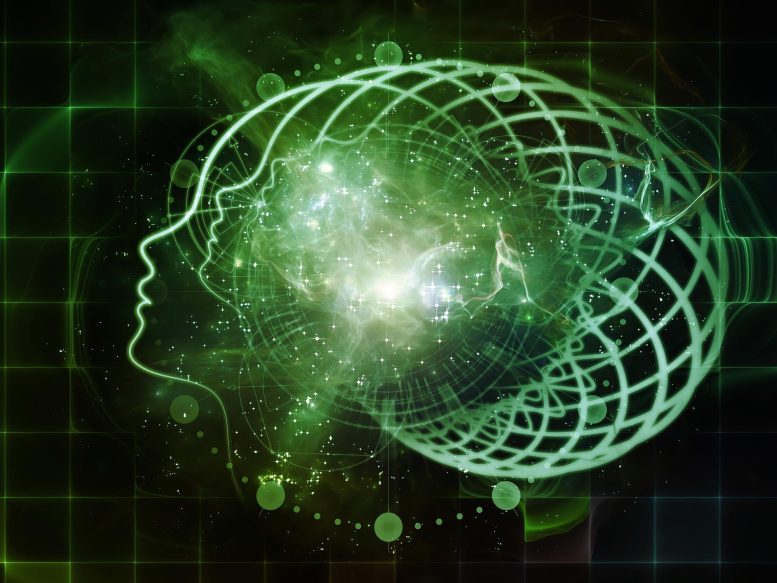
Researchers have long studied how consciousness forms in the brain. Professor Ekrem Dere proposes defining conscious phases via behavioral observations and learning curves, using sudden insights to identify conscious processing times. Consciousness varies by task, and studying these phases can reveal brain mechanisms through imaging.
For generations, researchers have pondered the origins and mechanisms of consciousness in the brain. Professor Ekrem Dere from Ruhr University Bochum in Germany suggests a novel approach to studying conscious cognitive information processing. He proposes defining the phases of conscious cognitive processes through behavioral observations and learning curves.
“Learning is often not a gradual process, but takes place in leaps and bounds; you could say that humans and animals experience sudden epiphanies every now and then,” he says. “It’s likely that these experiences are preceded by conscious processes.” Dere outlines his new approach, which might apply to both humans and animals, in a paper published in the journal Frontiers in Behavioral Neuroscience.
Different levels of consciousness
Consciousness is not an all-or-nothing process. “There are different levels of consciousness, depending for example on whether we’re sleeping or writing an email,” says Ekrem Dere from the Mental Health Research and Treatment Center in Bochum, who is also a member of the Sorbonne Université in Paris. “At the upper end of this gradation, so to speak, we find conscious cognitive information processing that is required to deal with a complicated problem.”

In order to study the neurobiological correlates of these processes using scientific methods, a human or animal must be presented with an experimental task that can only be solved with conscious cognitive information processing – it’s crucial that there isn’t a preconceived solution. “In the long history of cognitive behavioral psychology, a great many such tasks have been developed,” says Dere. “However, the main difficulty is that a human or animal may not use conscious cognitive information processing throughout the entire processing time.”
Eureka moment is the time stamp
The researcher therefore suggests to use learning curves to narrow down the phases of conscious information processing with regard to their timing. In these curves, performance in a specific task is plotted over time. “Learning performance often doesn’t improve continuously, but rather by leaps or in stages,” explains Dere. This so-called discontinuous learning after insight can serve as a time stamp. “Conscious cognitive information processing must have taken place at this point and presumably also in the seconds leading up to it,” says the psychologist. “Armed with this knowledge, we can use imaging or electrophysiological methods to observe the brain during conscious cognitive information processing by comparing the time periods immediately before the sudden increase in learning with earlier or later points in time during the processing of the task.” This would enable researchers to find out which mechanisms the brain used in which region for conscious information processing.
Reference: “Insights into conscious cognitive information processing” by Ekrem Dere, 15 July 2024, Frontiers in Behavioral Neuroscience.
DOI: 10.3389/fnbeh.2024.1443161
5 Comments
The evolution of the human brain was due to the presence of the soul. If there was no soul, after the death of intelligence, it would not have reached this stage of its evolution in mammals
no, dr. Kasiri, we have no soul, there can’t be a soul, as it cannot have evolved, you cannot have something spring into biology all done and ready and you cannot begin to argue that there is something like almost a soul. And if in doubt about an afterlife, please invoke Ockham’ Razor.
The soul doesn’t feel pain, it doesn’t smell, the soul can see, hear and read through our eyes. I have been talking to the soul for 13 years and I have seen thousands of souls of the departed and prophets. Everything that has a name must exist. More things. They are the same. If you don’t accept the soul, then you don’t accept God either. I thank Mr. Soren Baradar for sharing his opinion on this page. Credit: 09332197646
Consciousness is not the same as mental processing. Also, according to the study, “there is no general definition in sight that would be unanimously accepted by all the different disciplines.” So that means they don’t know what consciousness is, which makes it hard to study.
Consciousness is just an illusion, without memory it would not exist. Consciousness will arise over a certain number of logical circuits.